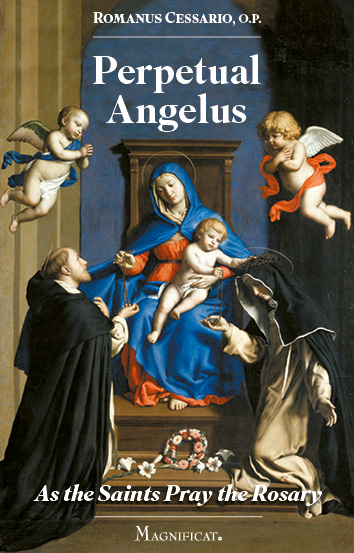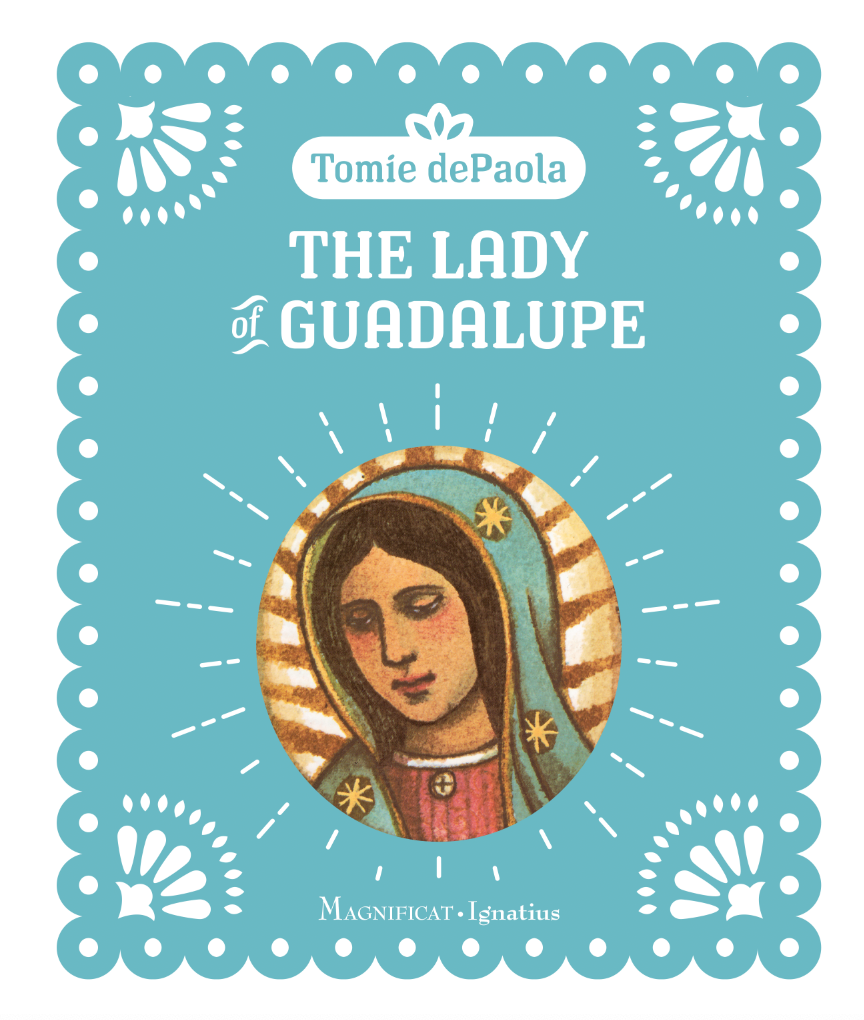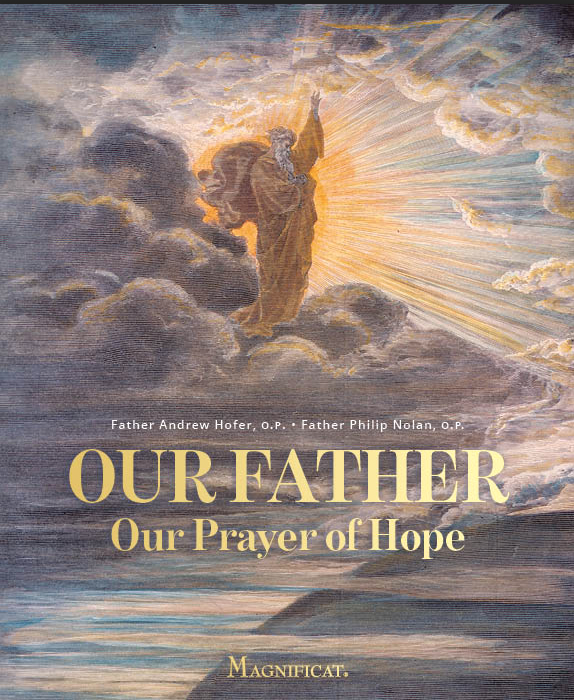The writings and personal impact of Cardinal Pierre de Bérulle (1575–1629) inspired a markedly affective, Christocentric spirituality in 17th-century France that swept into the more well-known Saint Vincent de Paul (1576–1660), Saint John Eudes (1601–1680), Saint Louis Marie de Montfort (1673–1716), and Saint John Baptist de la Salle (1651–1719), as well as Jean-Jacques Olier, founder of the Sulpician Order dedicated to seminary work, and the Abbé Jacques Bousset, opponent of Fénelon in the Quietist controversy at the century’s end.
17th-century France
The entrenchment of tensions after the Protestant splintering into various sects, the instability of a reform era in the Church that sent French missionary saints and martyrs abroad and produced French Jansenism at home, provides the context for Bérulle’s life and for 17th-century France. Bérulle reacts also to the Renaissance humanism of previous decades and its exaltation of human nature. Responding to humanist currents, Bérulle made the virtue of religion foundational in spiritual life, exercised in particular through the prayer of adoration of the divine Creator and by recognition of absolute human dependency on God.
Christ’s self-emptying
After Bérulle’s death Pope Urban VIII called him “the apostle of the Word Incarnate.” The mystery of God becoming man in the Person of Jesus Christ is central to Bérulle’s thought, but there is a notable emphasis. Bérulle’s focus on the Incarnation is directed not simply at the doctrine of the divine Person united to a human nature. Rather, this truth is engaged for the spiritual implications it provokes. For Bérulle the soul seeking union with Christ is led to contemplate the divine Person abasing himself in self-humiliation as he takes on the lowly condition of a human nature.
For Bérulle spiritual life must find its source in the pattern of Christ’s self-emptying in the Incarnation. One of Bérulle’s keynote intuitions is that the human nature of Jesus Christ is in a state of servitude in its relation to the divine Person without which the humanity of Christ would possess no greatness. In analogous manner the human person must embrace a spirit of absolute servitude to the Person of Christ that replicates the mystery of the Incarnate Son’s abasement in his humanity. For that purpose Bérulle popularized a “vow of perpetual servitude” to Jesus and to his deified humanity. Bérulle promulgated as well a vow of servitude to Mary which directly influenced Saint Louis de Montfort’s later, more widely practiced total consecration to Jesus as a slave of Mary.
The Person of Jesus approached through his sacred humanity thus remains at the center of a rich affective devotion in this French school. Bérulle was struck by the revolutionary new hypothesis of Copernicus that the sun is motionless and the earth revolves around it. For Bérulle it was the great metaphor of the spiritual life. Jesus is the sun and the human heart must be in continual movement toward him, cultivating a deep strain of personal adherence to Christ, a perpetual oblation that makes the gift of self in its entirety the dynamic interior principle of the soul’s relations with God. Indeed the spirit of self-abnegation determines for Bérulle all spiritual growth. It involves not so much ascetical practice as an essential interior disposition and readiness to submit oneself entirely to the divine will. Only by eradication of self-will is human lowliness fit for the divine activity of grace.
The Eucharist
Given Bérulle’s stress upon the voluntary abasement of the Incarnate Word, it is no surprise that the French school is drawn to the mystery of Eucharist for deeper insights into spiritual life. In the voluntary self-disappearance and abasement of the Eucharistic Lord, the French school finds a rule of spiritual life. The Eucharist urges us to an interior renunciation of self so that in receiving Christ we may become possessed by the spirit of Christ—“wholly changed into him, consumed and lost in him.” As a consecrated host retains only the appearance of bread, the human person receiving the Eucharist devoutly ought to be mysteriously permeated by the hidden presence of divine grace. This insight of the French school echoes in Saint Thérèse of Lisieux’s later words: “Imitate the Eucharist and you will become a saint.”
The humanity of Christ as intensive focus for a loving devotion and as pathway to the ultimate mystery of divine presence perdures as a great lingering influence of the French school of spirituality. It is observable in Saint Vincent de Paul’s pursuit of the disguised mystery of Christ abject yet truly present in the poor. Saint John Eudes diffused a widespread affective devotion to the hearts of Jesus and Mary prior to our Lord’s apparitions to Saint Margaret Mary Alacoque in the 1670s. The newly formed Congregations of the era, such as Saint John Baptist de la Salle’s Christian Brothers, the Sulpicians, the Sisters of Charity, all reflect the notion of a dedicated gift of self to Jesus Christ in his self-abasement as the fundamental animating principle of the spiritual life.
©Mag September 2004









